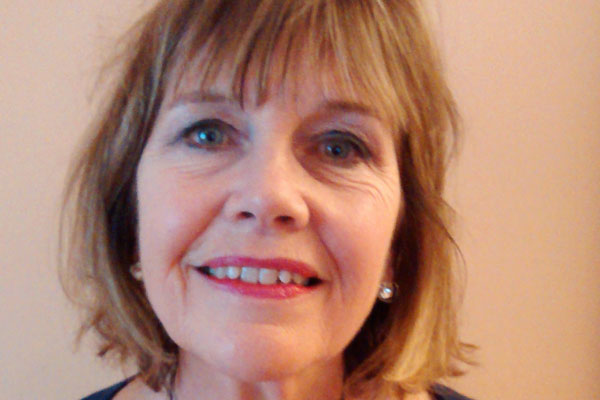Recently, I asked some of the men I know how they perceive therapy. Answers ranged from questioning its necessity, laughing nervously, ambivalence and positivity. These kind of responses begin to explain why only 36% of referrals to NHS talking therapies are for men. The boys will be boys and man up mentality are often deeply embedded into the psyche and belief systems of men from early childhood. In male adulthood, this echo of skewed masculinity can present a barrier or inner critical voice that gaslights their need for support. To access therapy might be seen as a weakness or worse still, as something shameful.
Masculine stereotypes and gender roles can also leave men less familiar with expressing emotions and being aware of their feelings and mental health. In childhood, boys who are quite emotionally attuned, expressive or vulnerable are sometimes viewed as overly sensitive and those who suppress their pain are viewed as strong. Research has suggested that men who don't speak openly about their emotions and internal world are less likely to identify signs of mental health problems in themselves or seek out help and support, often turning to alcohol and drugs, which can be potentially harmful coping mechanisms.
There is hope, however, with more people growing in awareness about their mental health, and companies recognising and providing access to mental health support. The stigma around men’s mental health needs is being worn down. In my private work, I've seen an increase in men seeking support due to the non-judgmental, confidential and containing nature of the therapeutic space. Men are able to talk about and process their emotions and adverse life experiences. They're recognising how things can be different if they engage with therapy. Most of the men I’ve worked with talk about how helpful therapy can be in shedding the distorted view of masculinity. The work of therapy positively impacts not only themselves, but the lives of those around them, including other men.
In today’s progressive society, men in the public eye are speaking openly and candidly about their mental health and how therapy has helped them through the challenges of life. Last month, speaking about his new docuseries, The Me You Can’t See, Prince Harry shared how he’d sought and found eye movement desensitisation and reprocessing (EMDR) a supportive form of psychotherapy to process his trauma.
COVID-19 has been a challenging time for everyone. It's also, for some, presented an opportunity to re-evaluate how we live and care for ourselves, in particular our mental and physical health. In my private practice, a large proportion of my clients are men. As research suggests, I believe men will come to therapy when it's engaging, meaningful, easily accessed and meets their preferences.
With suicide being the leading cause of death for men under 50, therapy must be viewed as something for everyone. As practitioners, friends and family of men - it's vital we encourage engagement and access so that men in therapy are part of our new normal.
Read more...

It's healthy to talk
Ann Hogan explores themes about men's self esteem and their sense of purpose. Men's Health Week 2021

How is dad?
Juulia Karlstedt talks about paternal mental health and how we can encourage new fathers to seek support post COVID-19. Men's Health Week 2021

Blogs and vlogs 2021
News, views and updates from our staff, members and counselling clients
Views expressed in this article are the views of the writer and not necessarily the views of BACP. Publication does not imply endorsement of the writer’s views. Reasonable care has been taken to avoid errors but no liability will be accepted for any errors that may occur.
